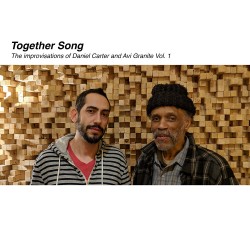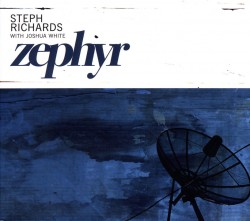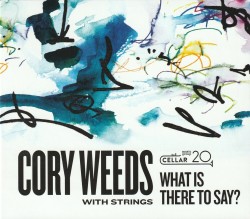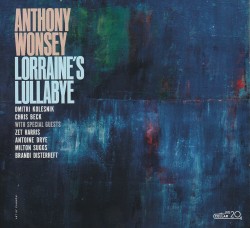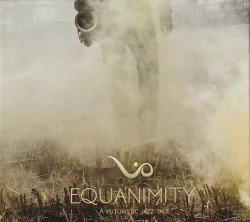Shifting Sands - Don Macdonald
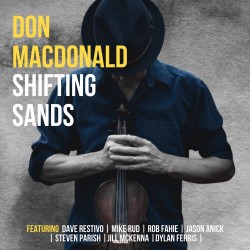 Shifting Sands
Shifting Sands
Don Macdonald
(donmacdonald.bandcamp.com/album/shifting-sands)
Award-winning Canadian composer/performer/educator, Don Macdonald, composed, produced and performs/improvises on violin on his nine original jazz works here. His unique orchestration adds violin and mandolin to a traditional jazz rhythm section – guitar, piano, acoustic bass, drums—performed by predominately Canadian musicians. Each tune is jazz based, yet intriguing touches from other musical influences and the instrumentation makes these jazz fusion sounds appealing to all music lovers.
Opening track Shifting Sands is so very happy and sets the musical stage. Pianist Dave Restivo’s quiet piano intro leads to a faster groove. Great full-band jazz to pop sounds, especially when guitarist Mike Rud’s solo contrasts with Macdonald’s violin high pitches. Dali’s Hourglass is darker, with contrapuntal detached piano chord opening until violin lead begins – a little bit of everything jazz with touches of minimalism in repeated lines. In Bayou, drummer Steven Parish’s solo opening sets up a Cajun groove in this tightly performed modern take on the familiar New Orleans style. Dreams of Ozymandias is slow and moody with close-knit instrumental conversations and underlying subtle rhythms. Four diverse tracks follow until the “sands shift” back to happy in the closing Homecoming with its fun, funky and florid party-time music. Bassists Rob Fahie and Jill McKenna, and mandolinists Dylan Ferris and Boston-based Jason Anick, also perform on select tracks.
This is a must-listen-to joyous release. Macdonald’s virtuosic works and violin playing never disappoint. All the stellar musicians play exuberantly, with care and respect.


